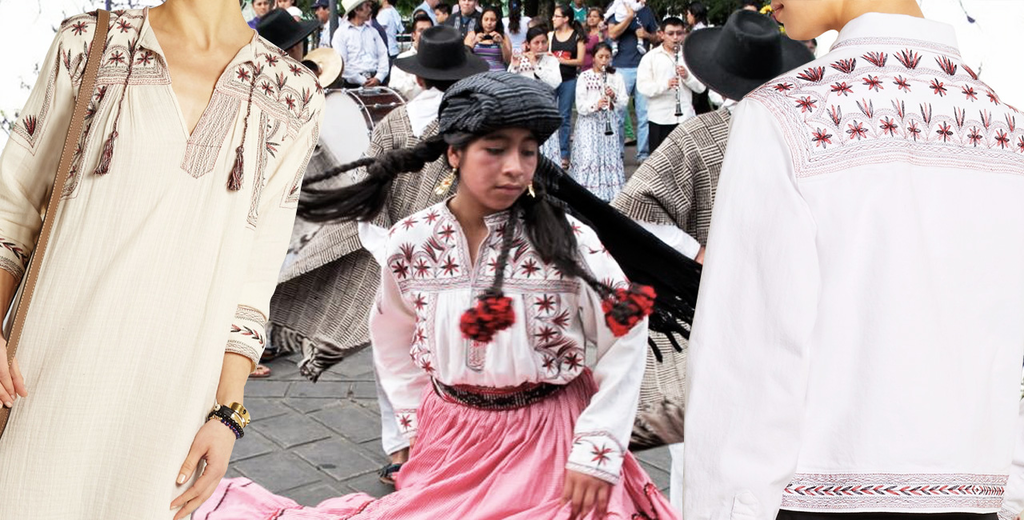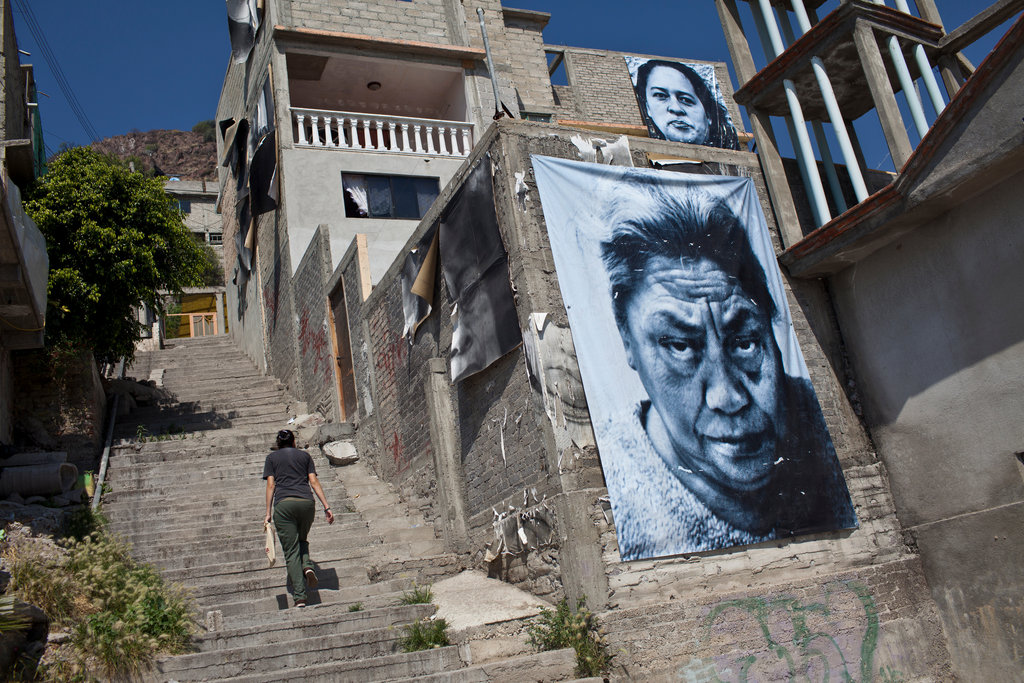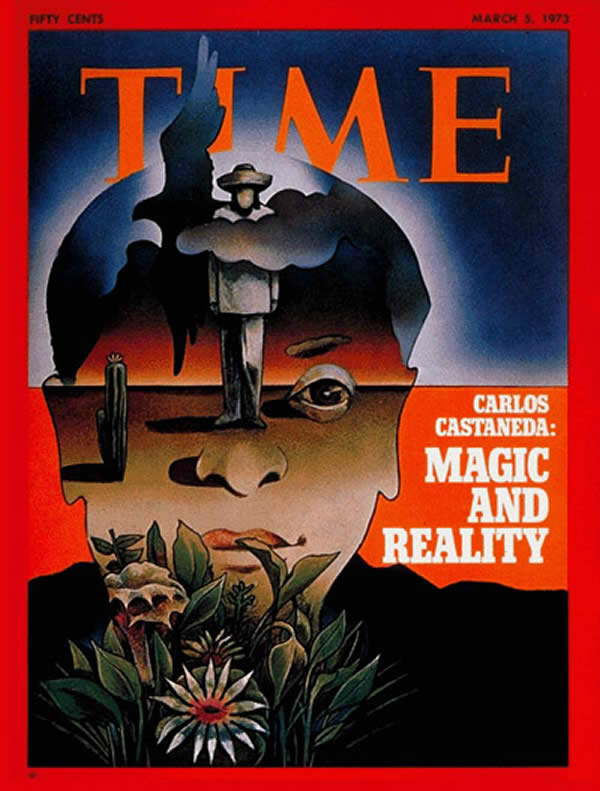
The Santa Maria Tlahuitoltepec indigenous community in Oaxaca is considering taking legal action against fashion designer Isabe Marant for producing a blouse they believe bears an uncanny likeness to their own traditional garb. The Mixe people have made a statement saying: “Isabel Marant is committing a plagiarism because the Etoile spring-summer 2015 collection contains the graphical elements specific to the Tlahuitoltepec blouse, a design which has transcended borders, and is not a novel creation as is affirmed by the designer.” This incident has created another opportunity to continue the ongoing discourse concerning the fashion industry and cultural appropriation. The debate began after Oaxacan singer Susana Harp tweeted a picture of Marant’s blouse next to a picture of the traditional Tlahuitoltepec costume. The images went viral sparking outrage. The Tlahuitoltepec design is nearly 600 years old and is a part of the Mixe people’s identity. Marant is selling her copy for the equivalent of 4500 pesos, fifteen times the price of what the Mixe sell their traditional costume for. A prime example of the fashion industry exploiting a culture’s heritage for financial gain. The Tlahuiltepec people called out Marant for her gross mimicry and requested that she admit that she imitated their traditional design and that she will visit the artisans who have carried on the traditional pattern so that she may learn and appreciate the history and culture behind the blouse. Marant insisted that she was simply inspired by the Oaxacan culture and that her blouse was not a form of plagiarism. However that was months ago. Recent developments have turned this story on its head. A few days ago, rumors surfaced that the French government issued a patent to prevent the Mixe people from selling their traditional designs. Although the existence of the document has not been confirmed, Marant denies its existence. The document is supposed to suggest that both Marant and the French fashion label Antik Batik own the patent together and that the Mixe people must pay copyright fees in order to sell their traditional garb. Naturally this has enraged the locals. According to Change.org, “Oaxacan designs were kidnapped a few months ago by French fashion designer Isabel Marant and Antik Batik, which began a lawsuit to claim the copyright of textile design originating in indigenous Mixe of Oaxaca. They have started legal proceedings to obtain a patent and start the exploitation of Oaxacan design.” This copyright issue is utterly preposterous. How a French fashion label could own or even claim to own an important and ancient aspect of the culture of a group of people on an entirely different continent is disgusting. There should be laws against such oppression. The leaders of the Mixe community plan on fighting back by filing a lawsuit agains Antik Batik. The Mixe people are having their culture, heritage and intellectual property taken away from them by big corporations but the people will not go down without a fight. Western fashion has a long history of “being inspired” by other peoples. In 2012, Victoria Secret had to apologize for clothing model Karlie Kloss in a Native American feathered headdress on the catwalk. Urban Outfitters also has taken advantage of Native American culture by pasting the Navajo name on their products. In 2014, fashion designer Paul Smith made modifications to the leather sandals worn in Pakistan, claimed it as his own design, and then sold if for twenty times more than they would cost in Pakistan. These are all examples of Western fashion industry insensitively exploiting the cultures and lives of other peoples. Cultural appropriation is a form of oppression. It dehumanizes a culture for monetary gain, reducing an important aspect of a people’s lives to a fashion accessory to be consumed. It distorts aspects of a culture against their wishes, twisting symbolic meaning. Cultural elements that were once meaningful are reduced to exotic fashion to be exploited by the Western fashion industry. Western culture is able to embrace aspects of other cultures without experiencing the discrimination the other cultures would face. Despite putting her name on a blouse that is an exact copy of the one originated by the Mixe people, Marant still denies she has any intention of claiming originality or issuing any patent documents.








That is just so wrong!!! Appropriation of a cultures way of dress and on top of that, getting a patent as if they are the true owners such culture by stealing their way of dressing for monetary gain is so wrong. It angers me because I’m Mexican and I’m very proud of my heritage and traditions.